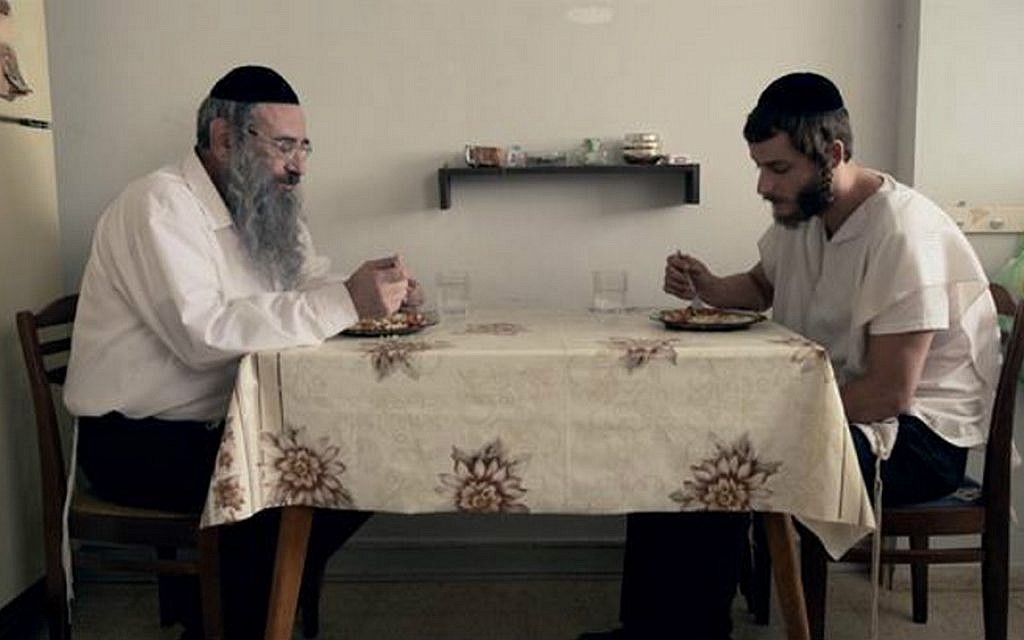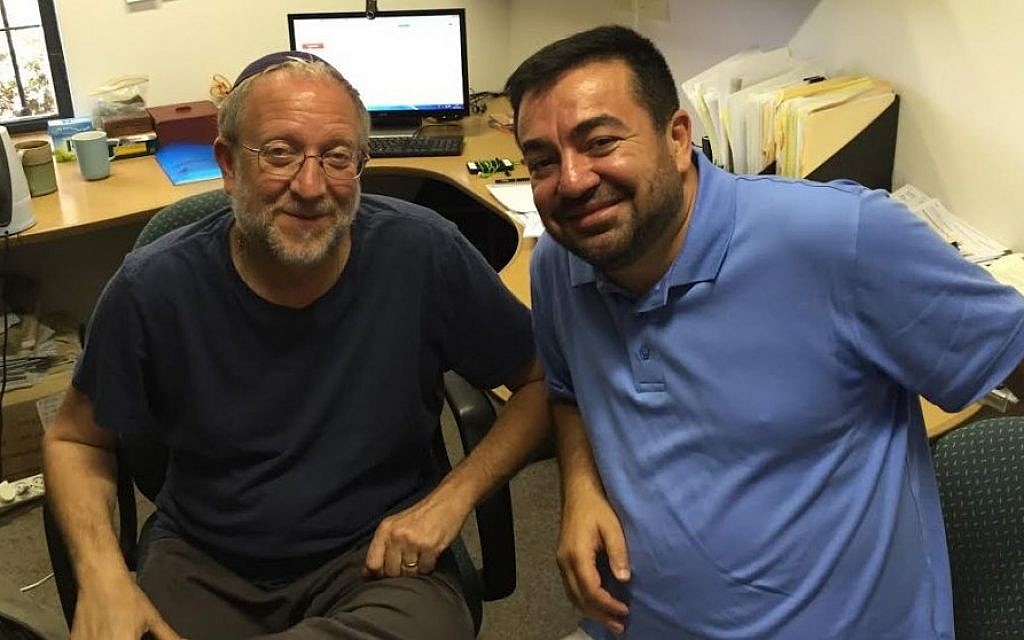We have to learn how to see other people as people. That should be simple, but apparently it’s not so simple.
There is an excellent Israeli TV series that aired a few years ago It is called Shtissel and it is about a family in Jerusalem that is Ultra-Orthodox/Haredi/“Black hat."
The main character is the patriarch of the family, Shulem. He’s recently widowed.
Shulem doesn’t talk so much about his feelings but he is hurting. He misses his wife terribly. At one point he tells his adult son Akiva, who lives with him, that his wife, Akiva’s mother, used to get up a little earlier than him, walk into the kitchen, take the butter out of the fridge and put it on the table so that it would start to soften. Just a nice, kind thing she did for him every day that he remembers.
Several days later (same episode), Shulem has a day that is difficult for many reasons. He goes home, sits down at the table, cuts a slice of bread, takes butter out of the fridge, puts the knife in the butter. The butter of course is hard; the knife doesn’t move. And he starts to cry.
The show is unusual for Israeli television. Why? Because it presents ultra-Orthodox Jews as people. Who fall in love and sometimes out of love and are sometimes happy and sometimes sad, who mourn loved ones, rely on small kindnesses, who have conflicts and yearnings. Who want what’s best for the people they love and sometimes find that the people they love frustrate them deeply. You know - people.
Often Israelis, American Jews too for that matter, speak about, read about, ultra-Orthodox Jews in the context of “those people” who look different, act different, sometimes say and do things that are intolerant. While this show presented the ultra-Orthodox community’s unique customs and behaviors, the reason why the show was so successful is that primarily it presented the ways in which they are just like everybody else.
Amazon had a series that ran for a few seasons called Transparent. The main character is trans. Born with male sex characteristics, the character lives much of his life male, but has always felt female, and takes the steps necessary so that her body and her sense of herself are consistent with one another.
The show was very successful. Yes, it showed some of the unique struggles that many trans people go through. But it was successful because it showed all of the people - regardless of their gender identities and sexual orientations - as people. Who fall in and out of love, who have conflicts and yearnings. Who mourn loved ones that have died, who are sometimes happy and sometimes sad. Who want what’s best for the people they love and sometimes find that they people they love frustrate them deeply.
When we get to know people as people, we can’t as easily say “those people” because they have names. And faces. And hearts. And souls.
There is an excellent Israeli TV series that aired a few years ago It is called Shtissel and it is about a family in Jerusalem that is Ultra-Orthodox/Haredi/“Black hat."
Shulem and Akiva Shtissel from the Israel TV Series "Shtissel"
The main character is the patriarch of the family, Shulem. He’s recently widowed.
Shulem doesn’t talk so much about his feelings but he is hurting. He misses his wife terribly. At one point he tells his adult son Akiva, who lives with him, that his wife, Akiva’s mother, used to get up a little earlier than him, walk into the kitchen, take the butter out of the fridge and put it on the table so that it would start to soften. Just a nice, kind thing she did for him every day that he remembers.
Several days later (same episode), Shulem has a day that is difficult for many reasons. He goes home, sits down at the table, cuts a slice of bread, takes butter out of the fridge, puts the knife in the butter. The butter of course is hard; the knife doesn’t move. And he starts to cry.
The show is unusual for Israeli television. Why? Because it presents ultra-Orthodox Jews as people. Who fall in love and sometimes out of love and are sometimes happy and sometimes sad, who mourn loved ones, rely on small kindnesses, who have conflicts and yearnings. Who want what’s best for the people they love and sometimes find that the people they love frustrate them deeply. You know - people.
Often Israelis, American Jews too for that matter, speak about, read about, ultra-Orthodox Jews in the context of “those people” who look different, act different, sometimes say and do things that are intolerant. While this show presented the ultra-Orthodox community’s unique customs and behaviors, the reason why the show was so successful is that primarily it presented the ways in which they are just like everybody else.
Amazon had a series that ran for a few seasons called Transparent. The main character is trans. Born with male sex characteristics, the character lives much of his life male, but has always felt female, and takes the steps necessary so that her body and her sense of herself are consistent with one another.
The show was very successful. Yes, it showed some of the unique struggles that many trans people go through. But it was successful because it showed all of the people - regardless of their gender identities and sexual orientations - as people. Who fall in and out of love, who have conflicts and yearnings. Who mourn loved ones that have died, who are sometimes happy and sometimes sad. Who want what’s best for the people they love and sometimes find that they people they love frustrate them deeply.
When we get to know people as people, we can’t as easily say “those people” because they have names. And faces. And hearts. And souls.


